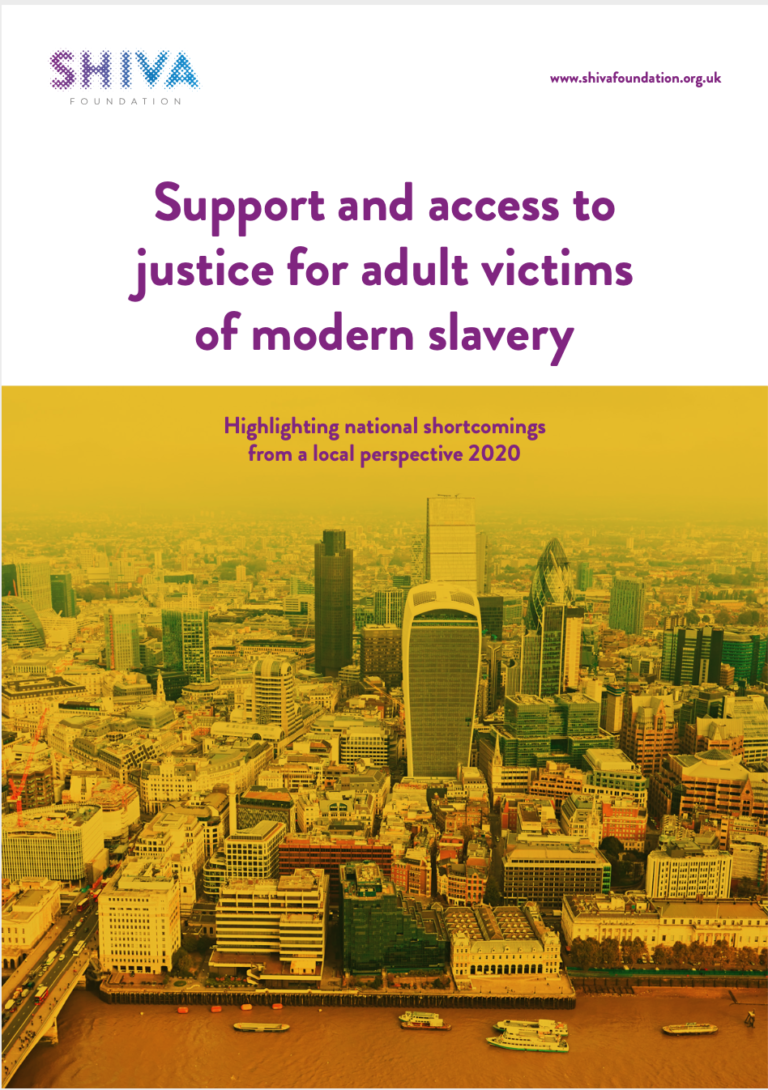The Fair Food Program 2017 Annual Report
PublicationsThis is the fourth report of the Fair Food Standards Council on the state of the Fair Food Program. It provides the most recent results and analysis from Seasons 5 and 6 of the Program’s implementation. However, unlike past reports, the 2017 versio...Read More

